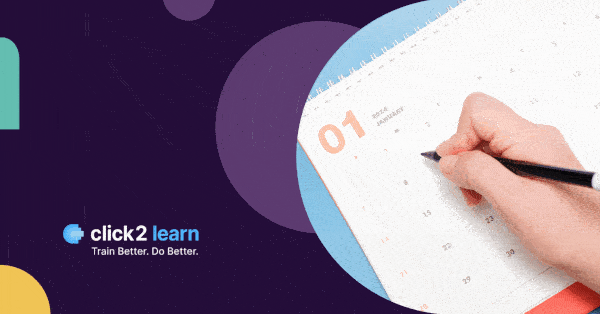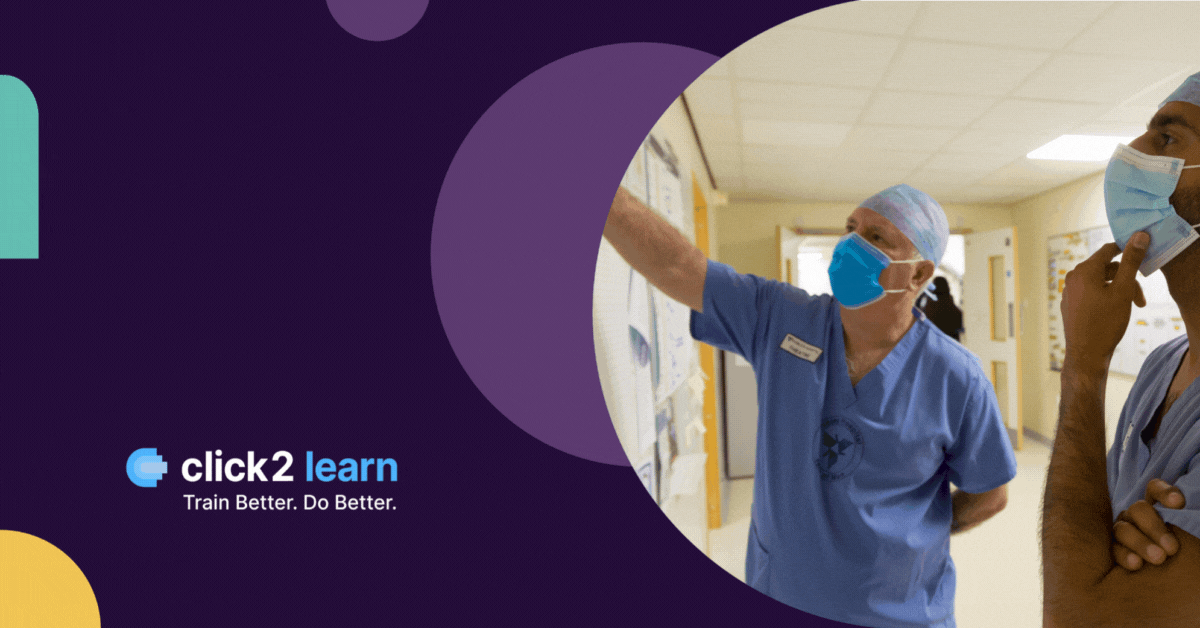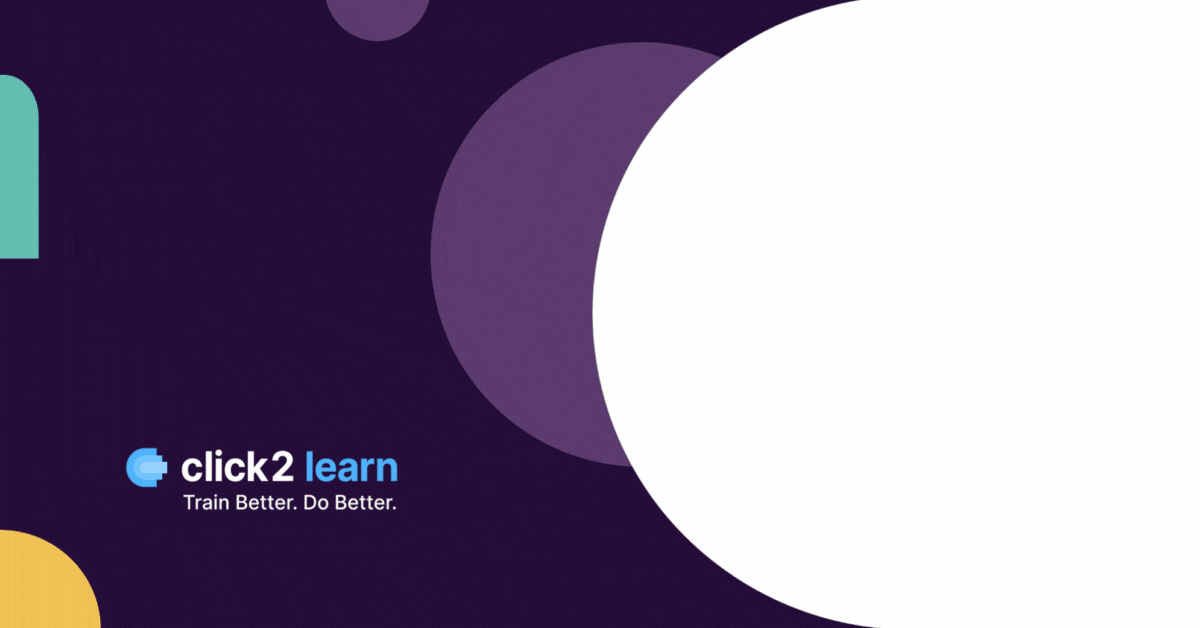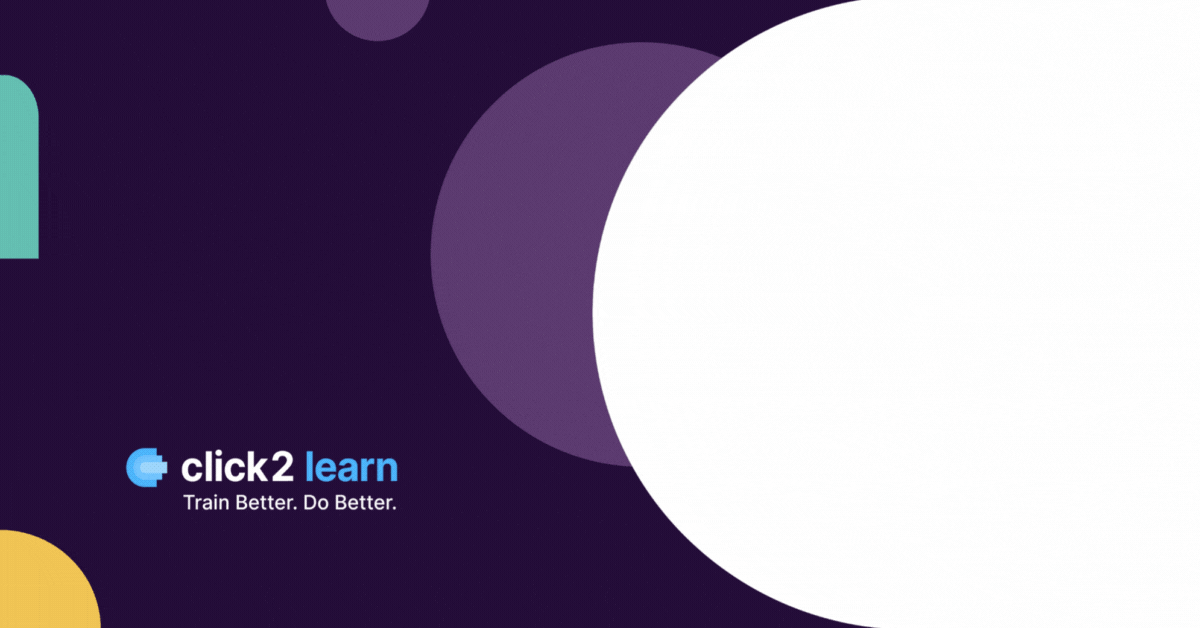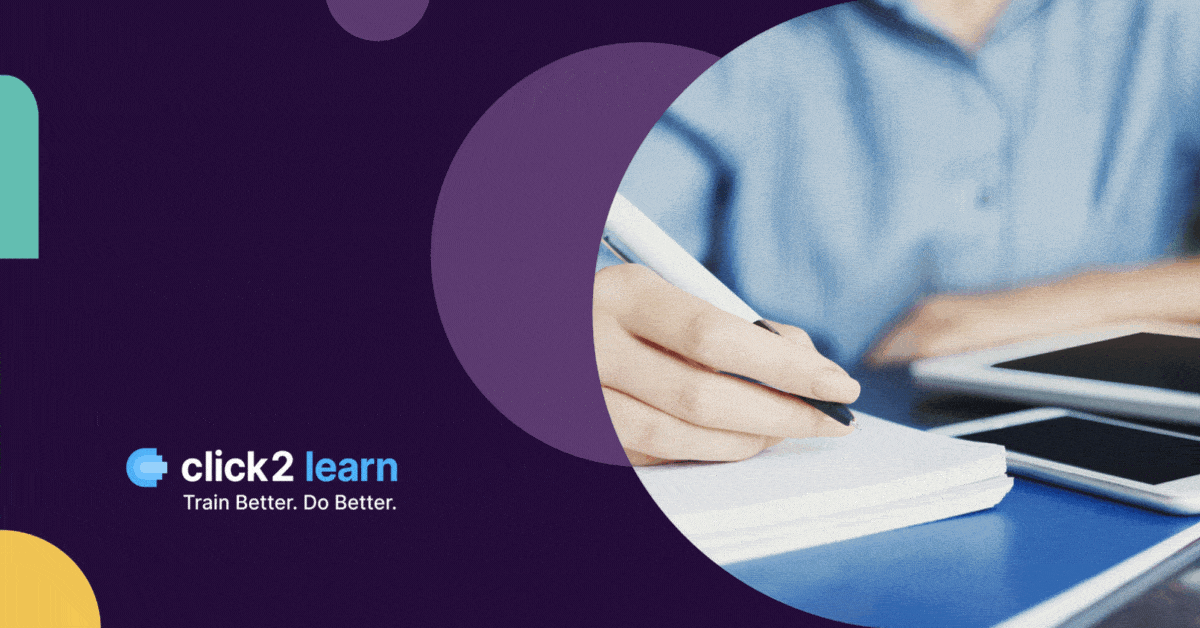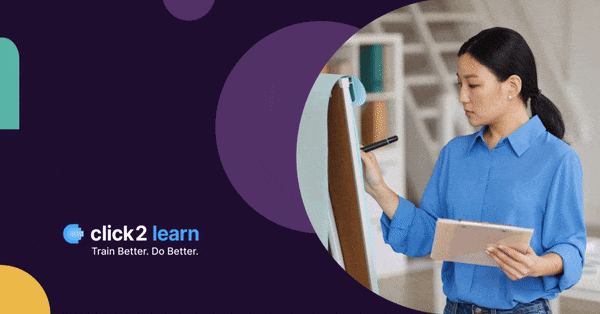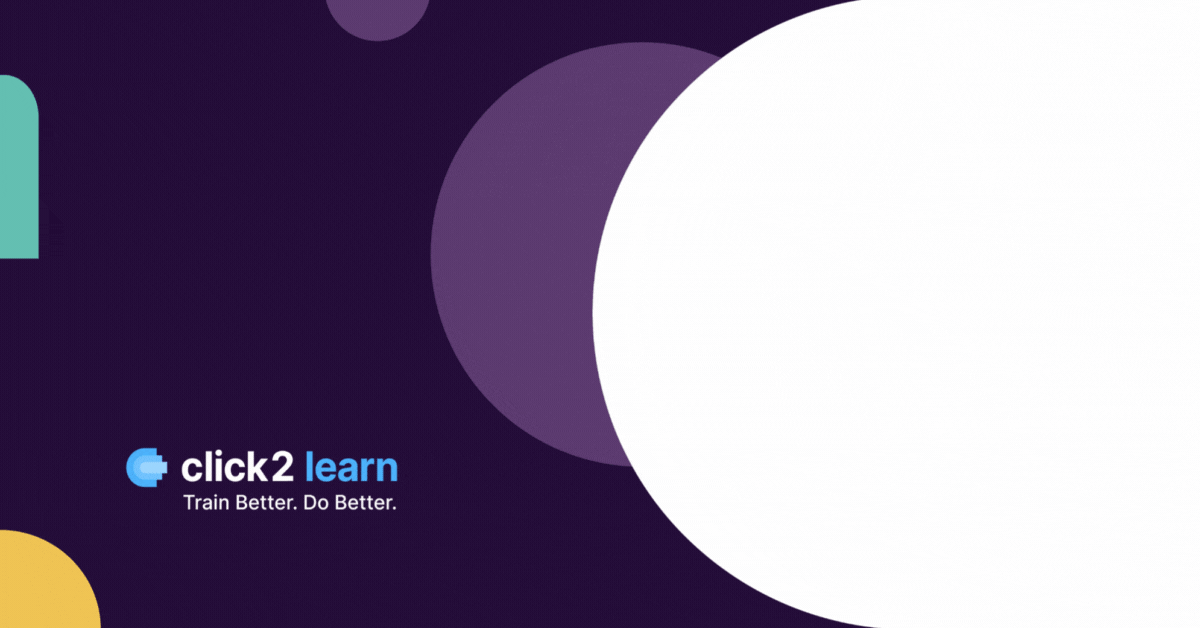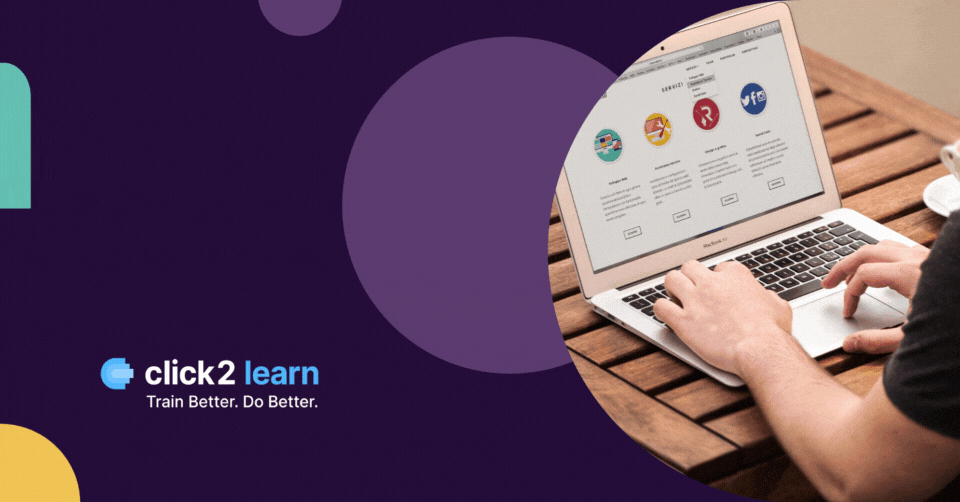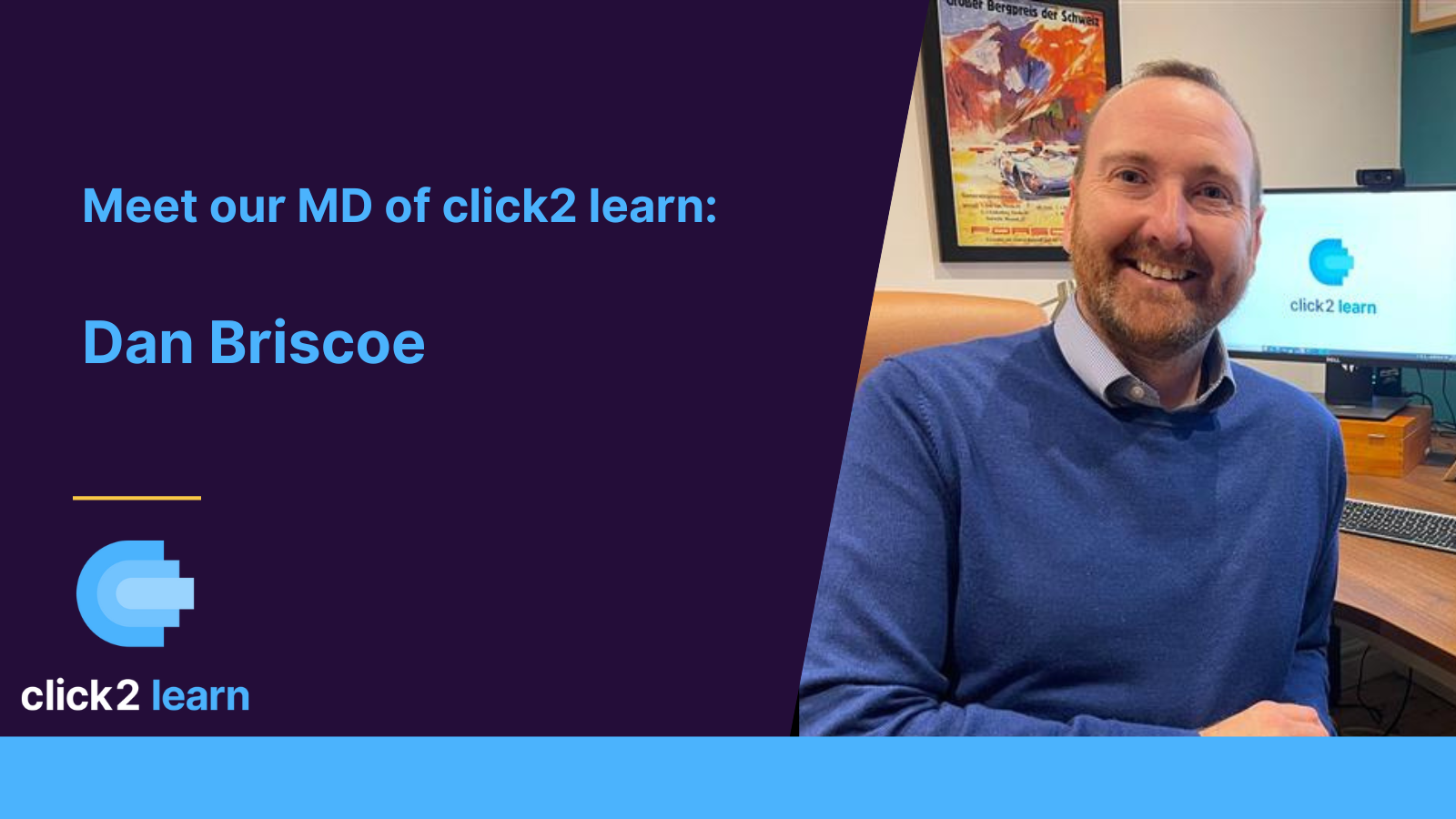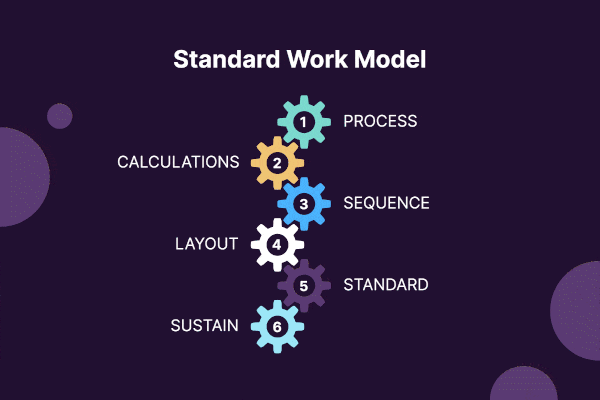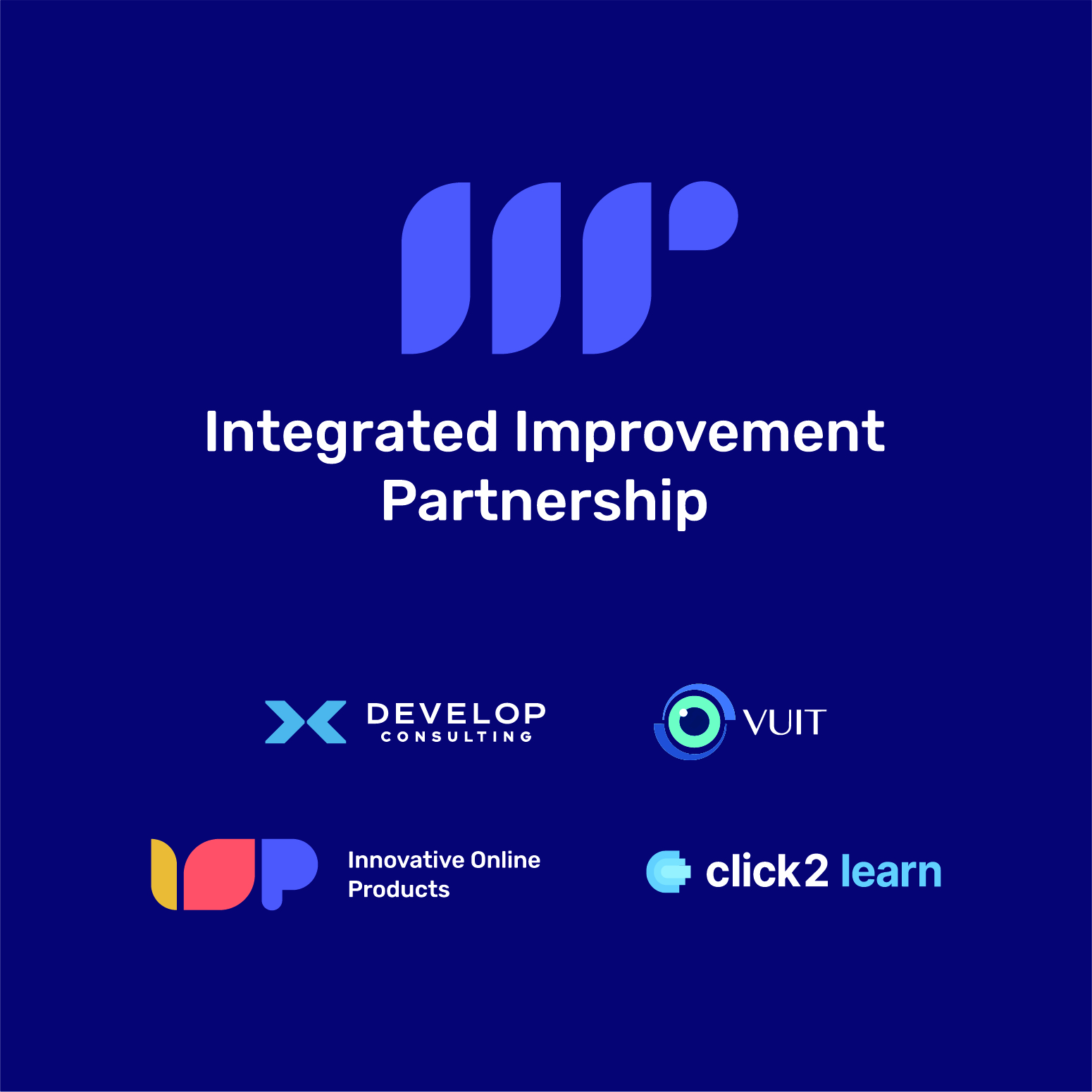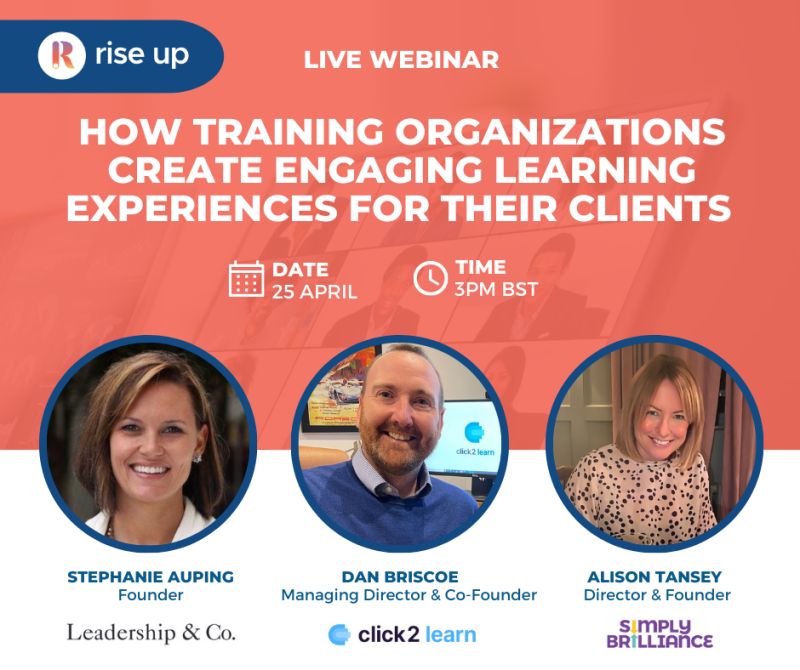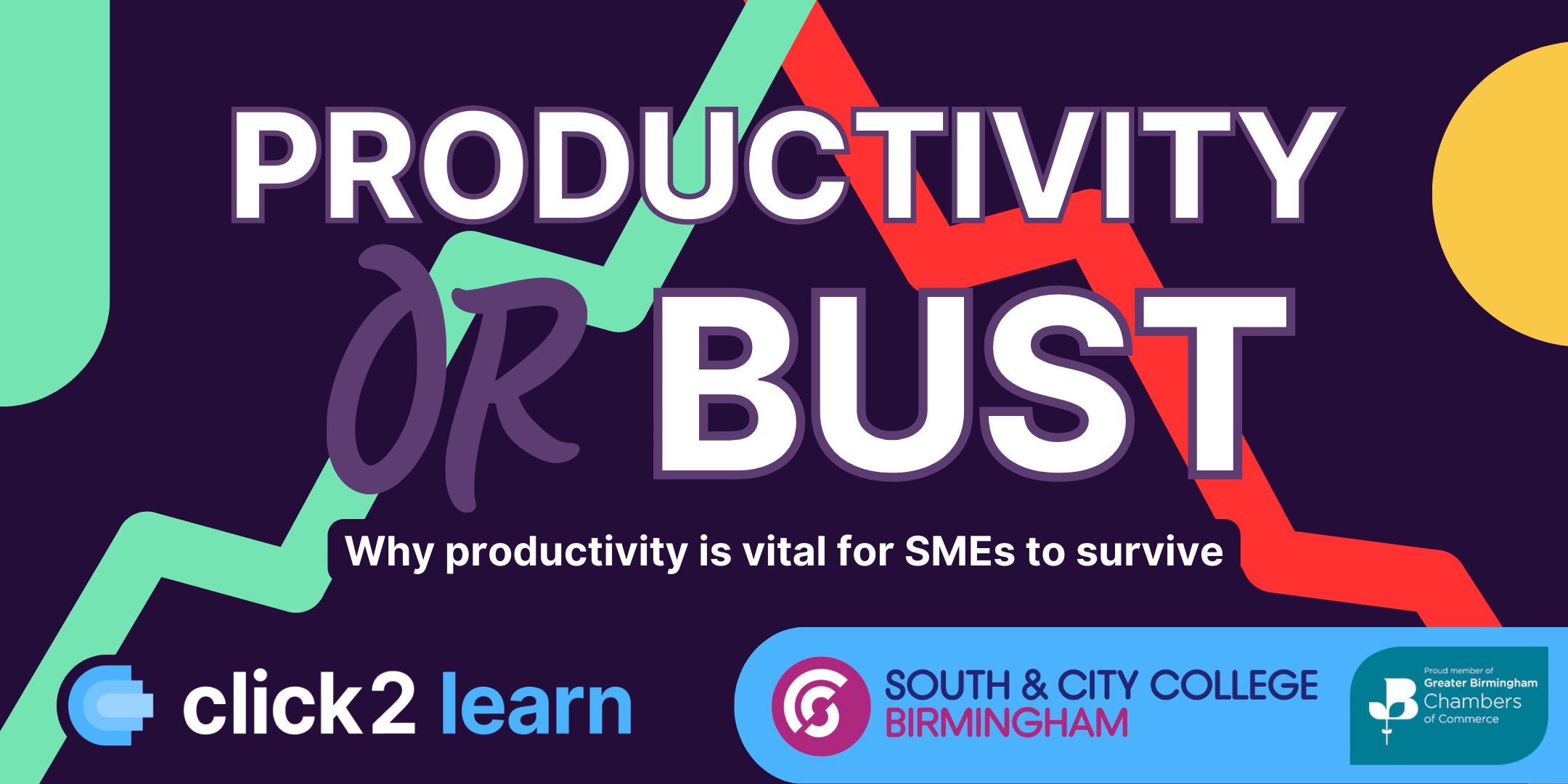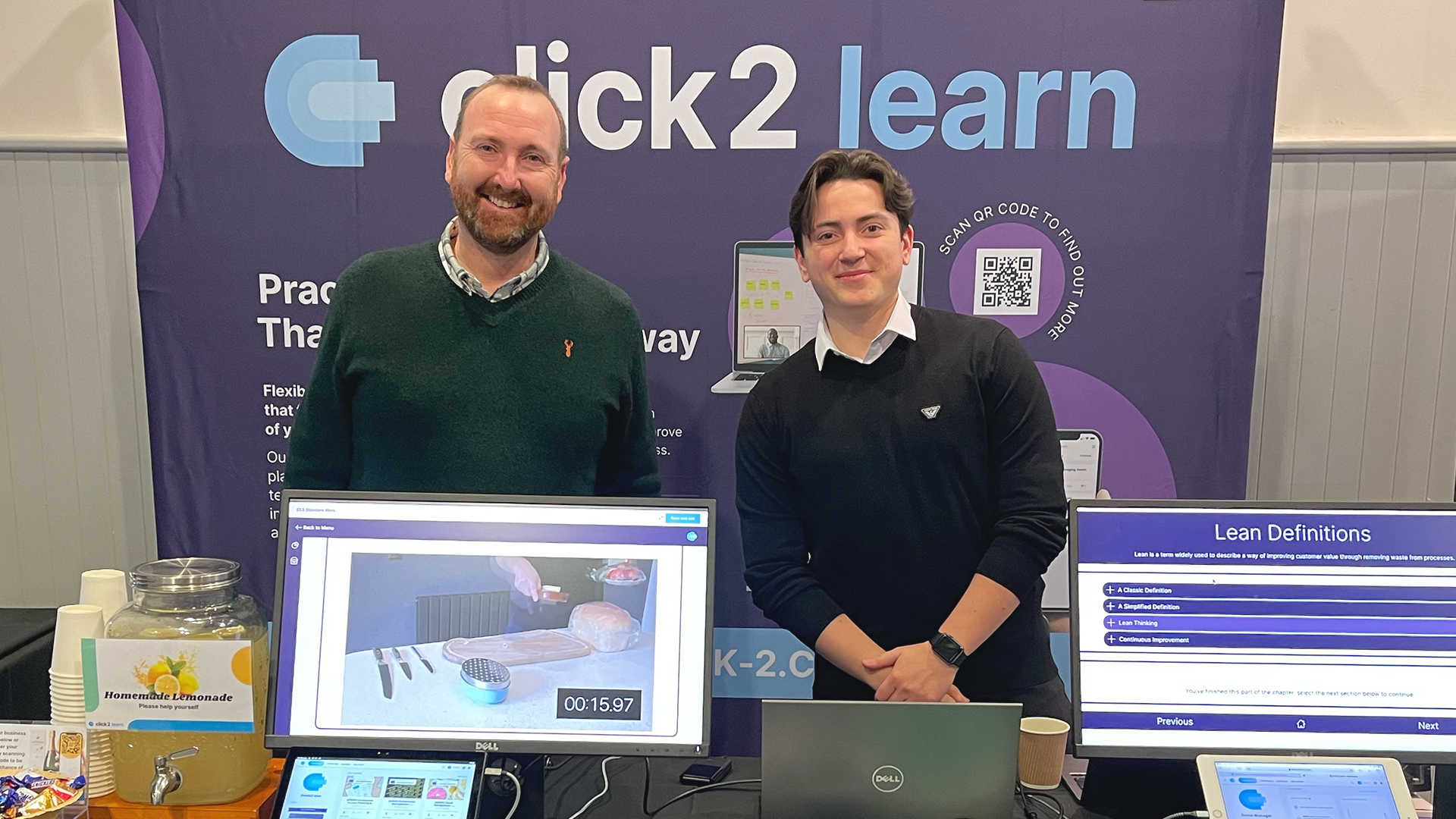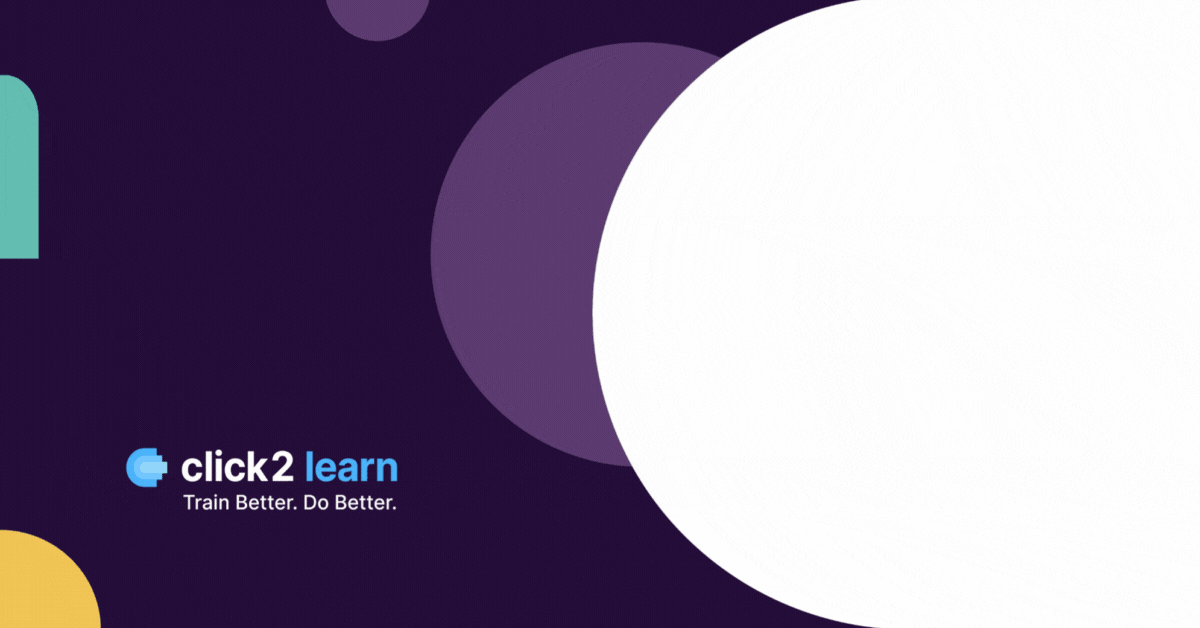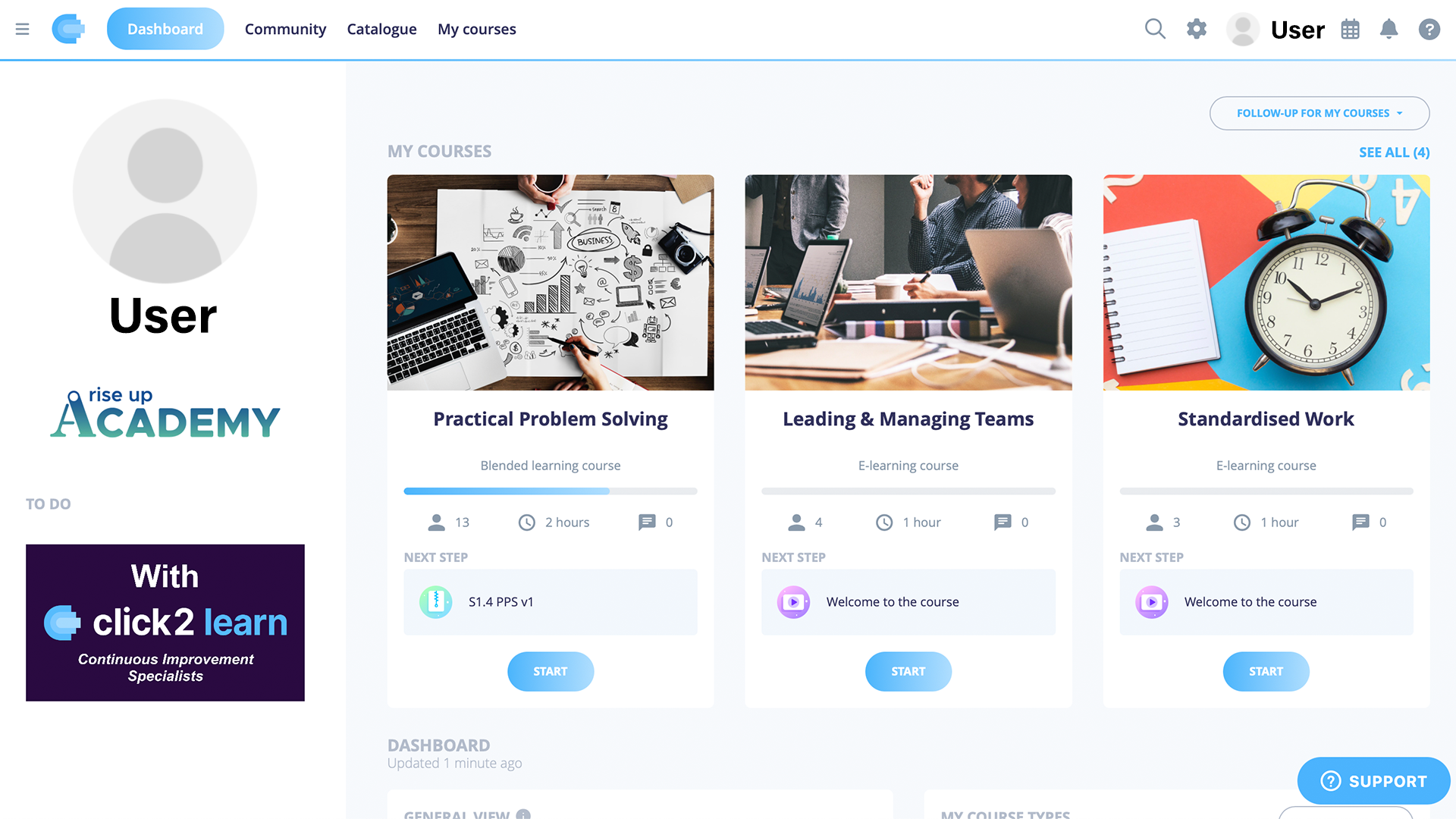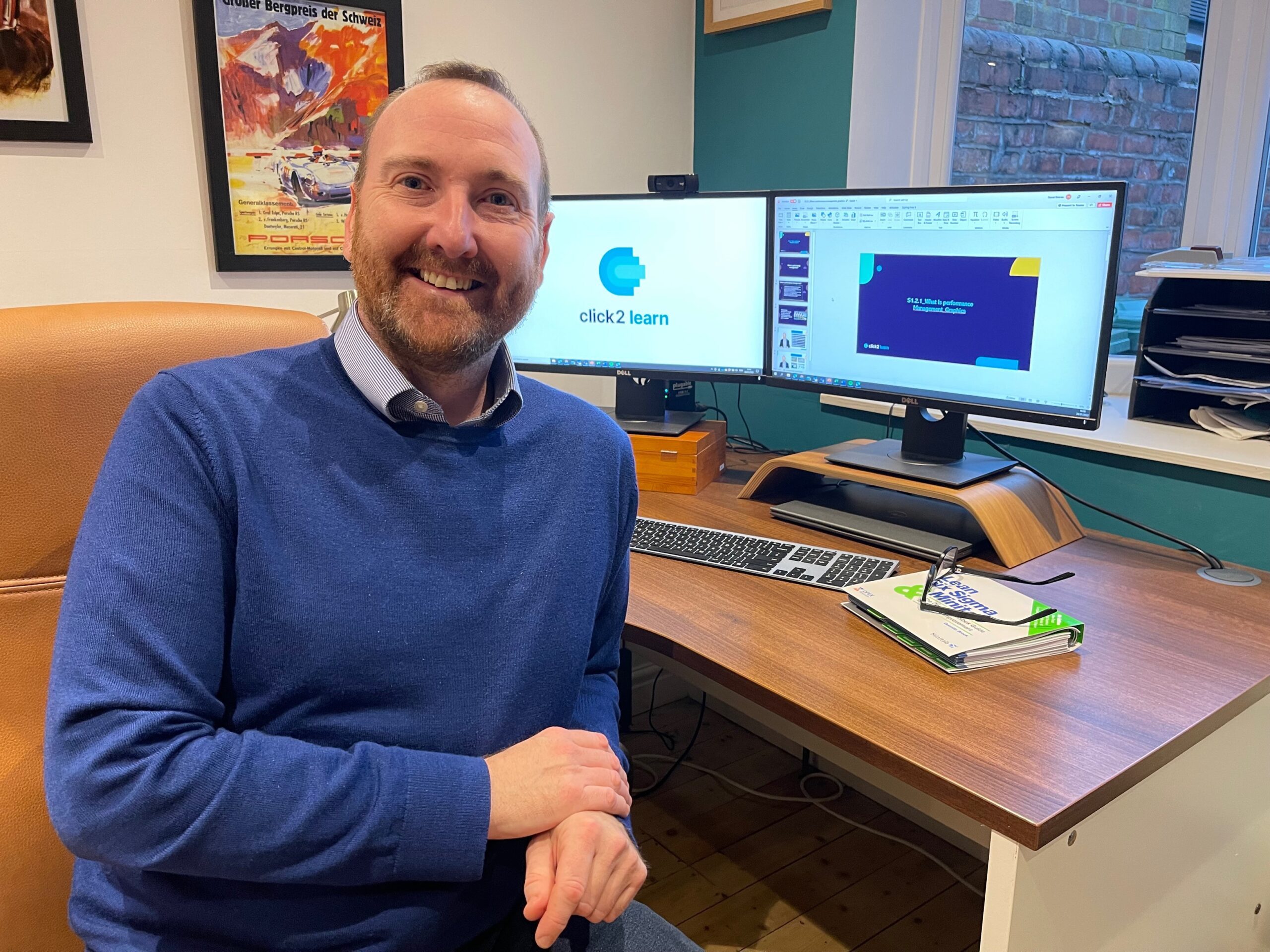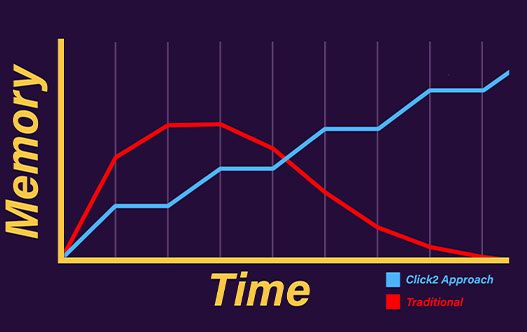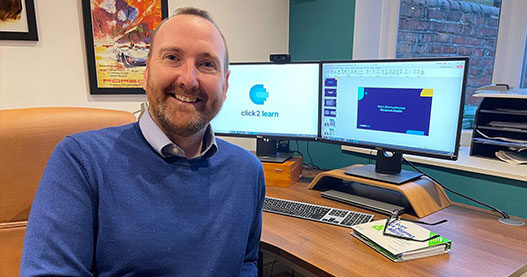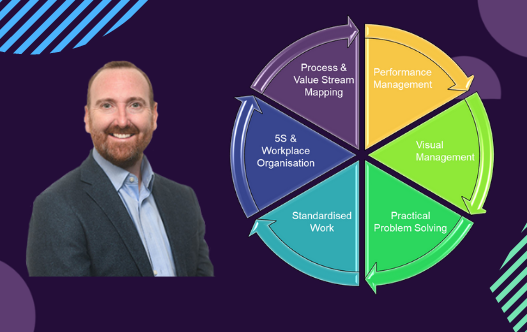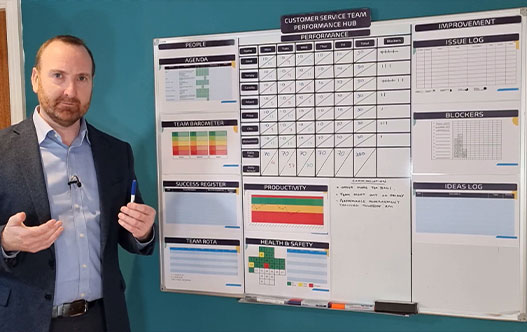As we step into a brand-new year, it’s the perfect time to set the stage for success in the months to come.
January is a crucial month for businesses and organisations to lay down the foundations for their annual plans. Strategic planning for the entire year is like a roadmap that guides you towards your goals, and it’s essential to include key elements like Continuous Improvement, Practical Problem Solving, and Blended Learning.
Plus, don’t miss out on a special 10% offer that can supercharge your journey to success.
The Importance of Annual Planning
Planning for the entire year may seem like a daunting task, but it’s a critical exercise for organisations of all sizes. Here’s why it matters:
- Setting Clear Goals
Annual planning allows you to define clear, achievable goals for your organisation. These goals serve as benchmarks to measure your progress throughout the year.
- Alignment with Strategy
It ensures that your day-to-day activities align with your long-term strategy. This alignment is key to achieving your vision and staying competitive.
- Resource Allocation
Annual planning helps you allocate resources effectively. You can identify where to invest time, money, and manpower for maximum impact.
Continuous Improvement and Practical Problem Solving
Two crucial elements to include in your annual planning are Continuous Improvement (CI) and Practical Problem Solving (PPS).
Continuous Improvement (CI)
CI is a systematic approach to making small, incremental changes to processes, products, or services to enhance quality, efficiency, and effectiveness.
Here’s why it’s indispensable:
- Adaptability: CI ensures that your organisation remains agile and can adapt to changing market conditions swiftly.
- Cost Savings: It helps identify and eliminate waste, saving resources and improving the bottom line.
- Quality Enhancement: High-quality products and services lead to increased customer satisfaction and loyalty.
Practical Problem Solving (PPS)
PPS equips your team with the skills to identify, analyse, and solve complex issues efficiently. Its benefits include:
- Innovation: PPS fosters a culture of innovation as employees become confident problem solvers.
- Competitive Edge: Problem-solving capability gives your organisation a competitive advantage by addressing challenges effectively.
Blended Learning for Skill Development
To successfully integrate CI and PPS into your organisation, consider Blended Learning. This approach combines traditional classroom training with online learning, offering several advantages:
- Flexibility: Learners can access resources and modules at their convenience, making it easier to accommodate busy schedules.
- Cost-Efficiency: Reduced travel and accommodation costs associated with in-person training.
- Personalization: Blended Learning allows individuals to progress at their own pace, ensuring a deeper understanding of the material.
Special 10% Offer
To support your annual planning and skill development efforts, we’re excited to offer an exclusive 10% discount on our programs.
When you place an order for a minimum of 20 programmes by January 14th, you’ll also receive a complimentary face-to-face session for up to 10 of your leadership colleagues. This is your opportunity to invest in your team’s growth and success while saving on your training budget.
In conclusion, January planning sets the tone for the entire year. By incorporating Continuous Improvement, Practical Problem Solving, and Blended Learning into your strategy, you equip your organisation with the tools and skills necessary for growth and excellence.
For more details about courses, visit this link.
